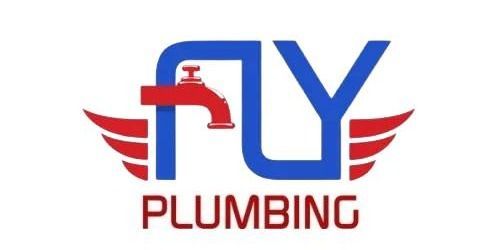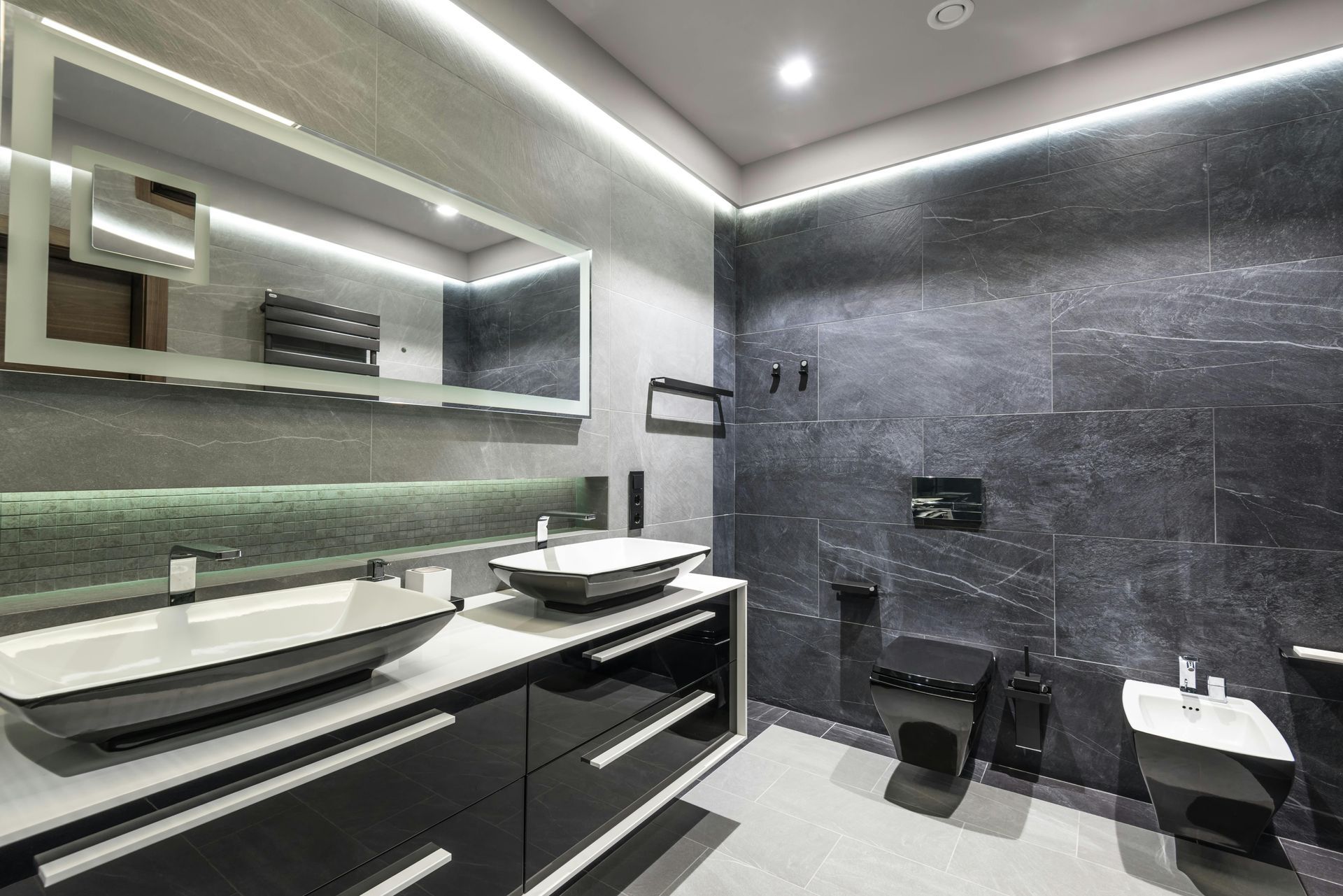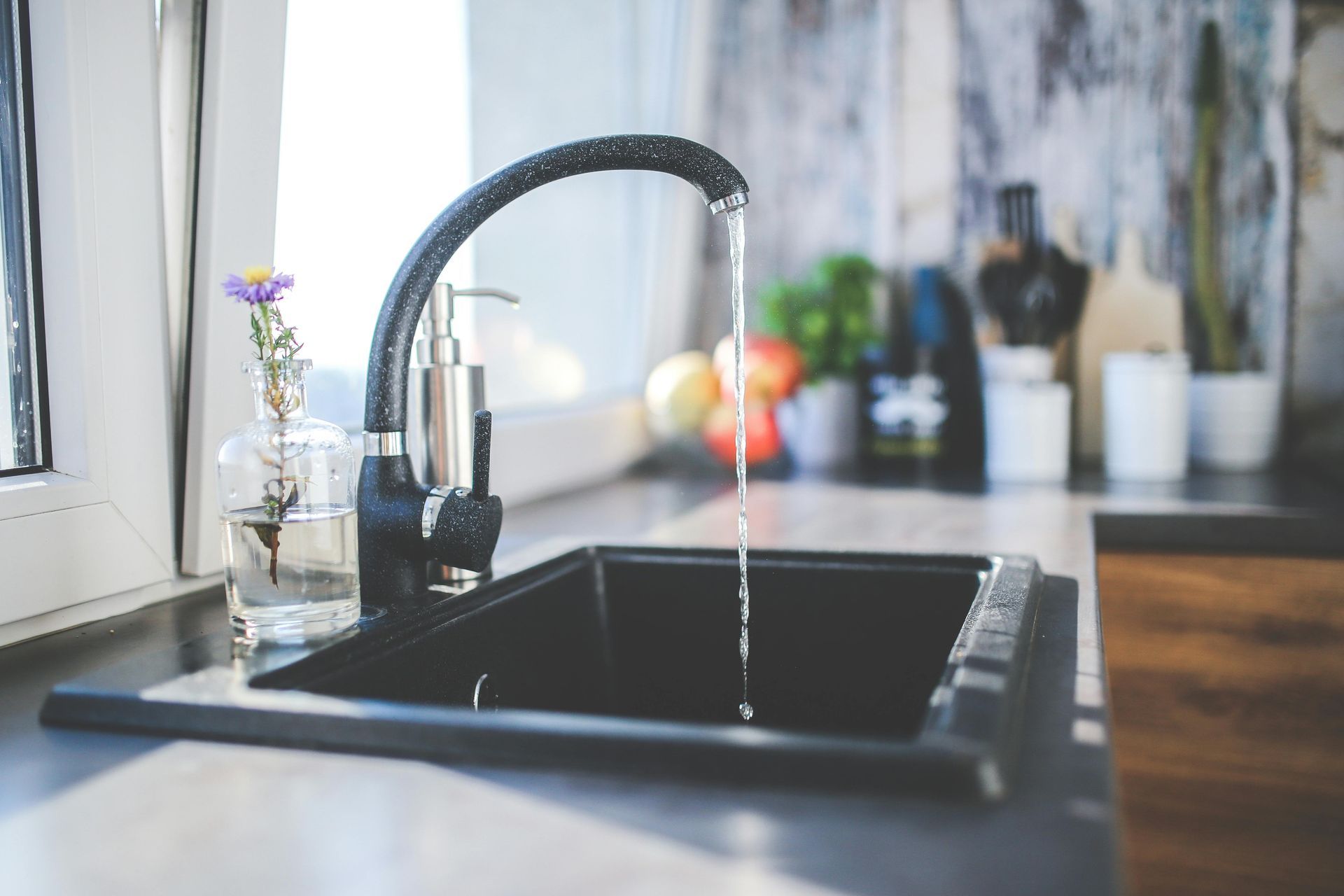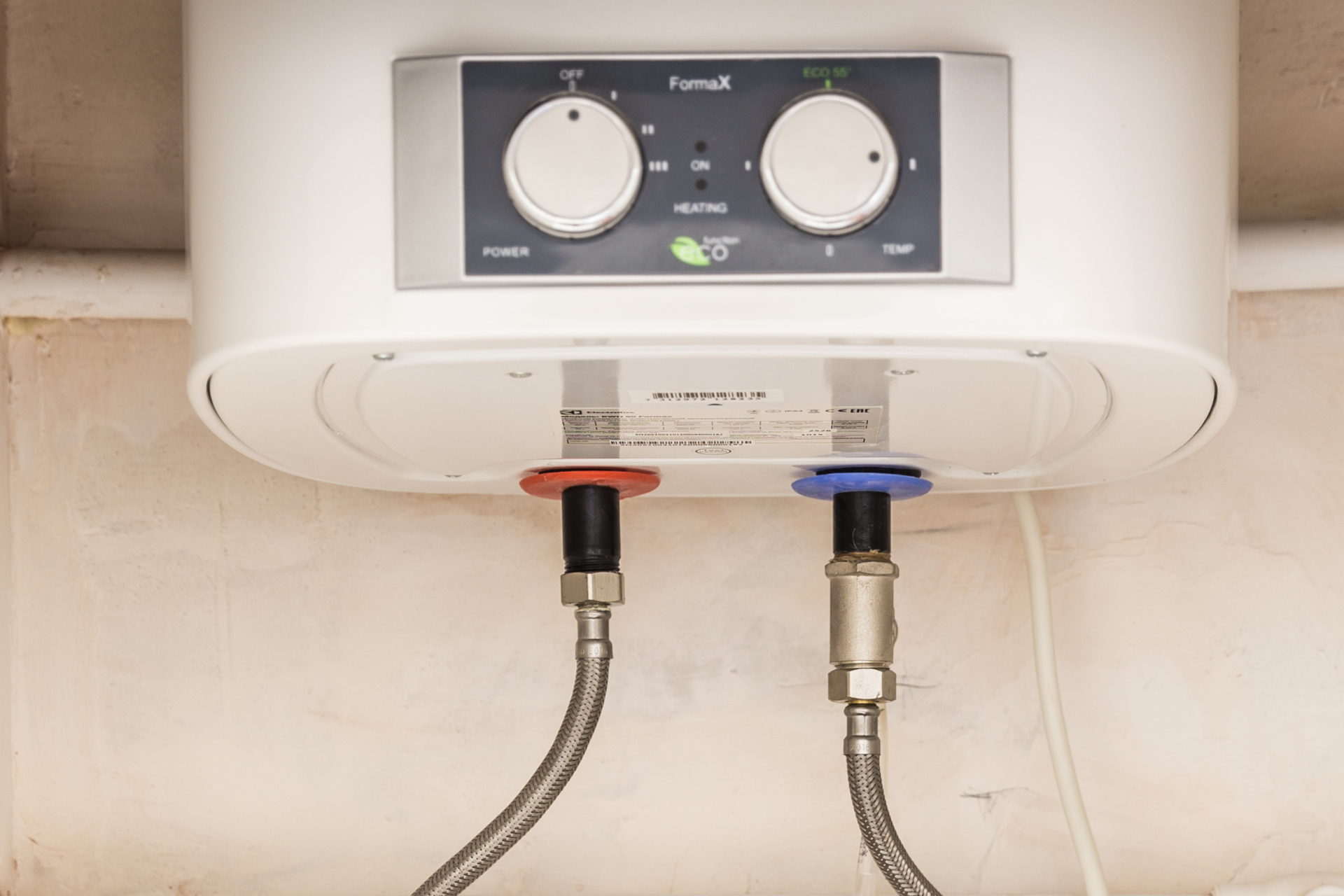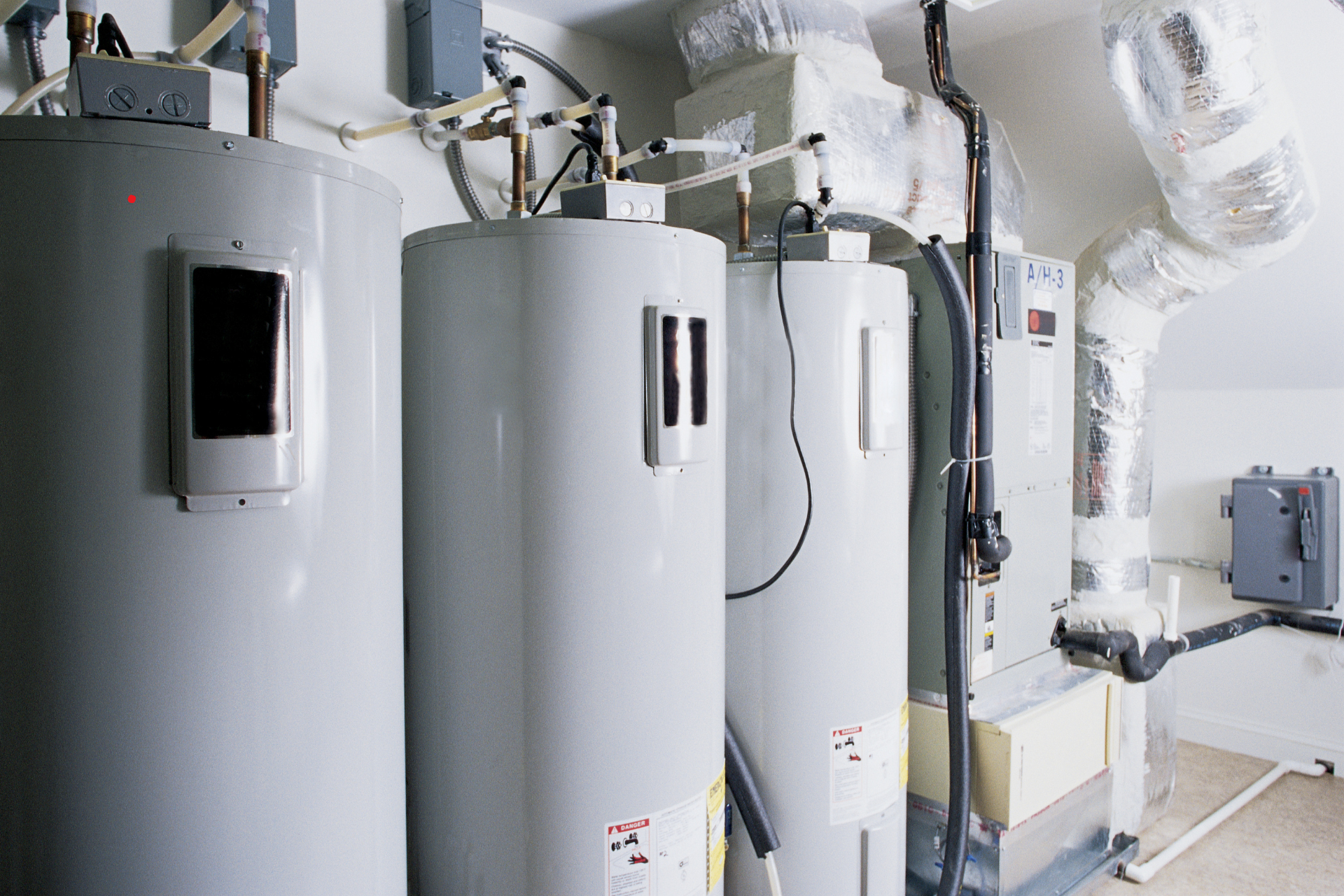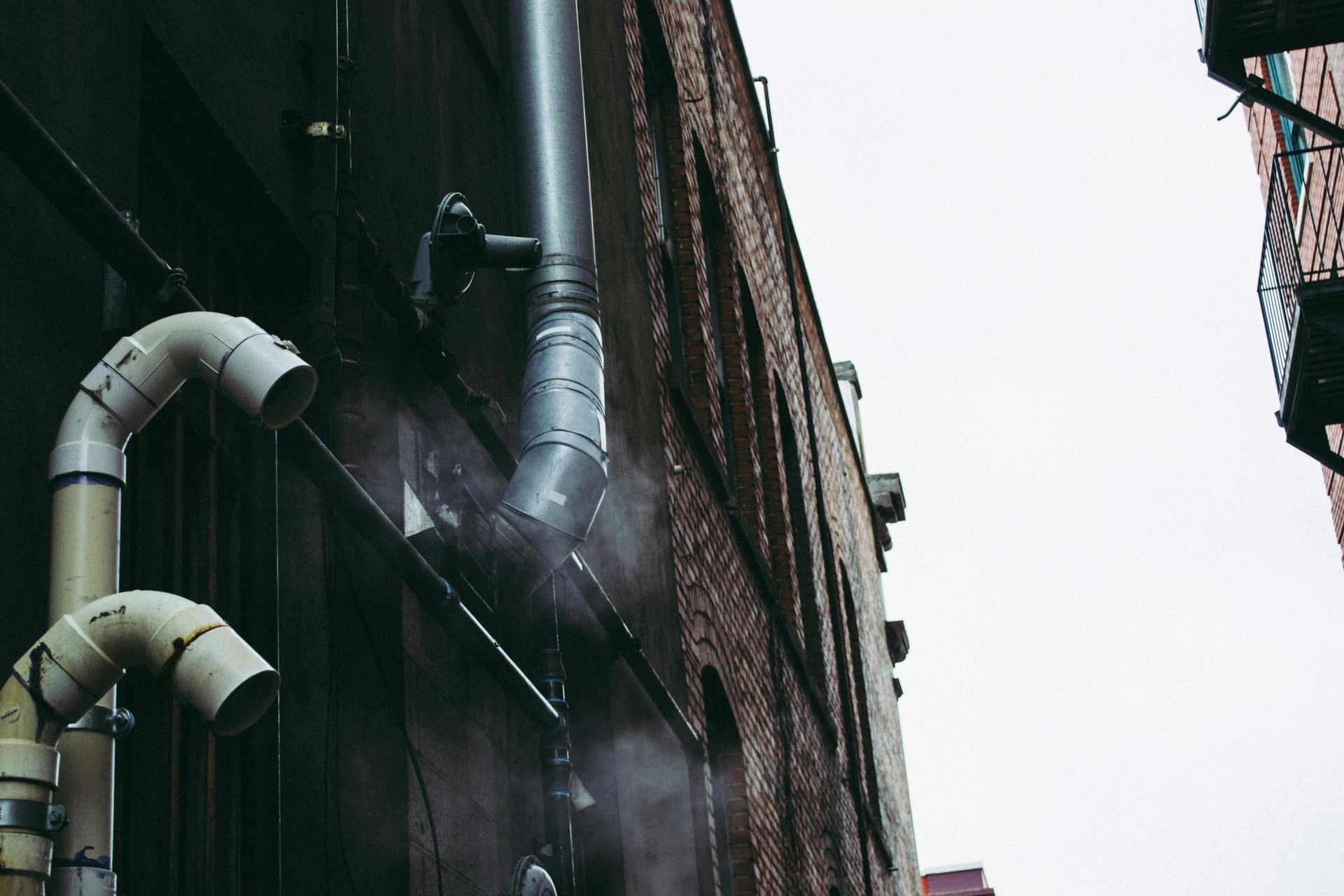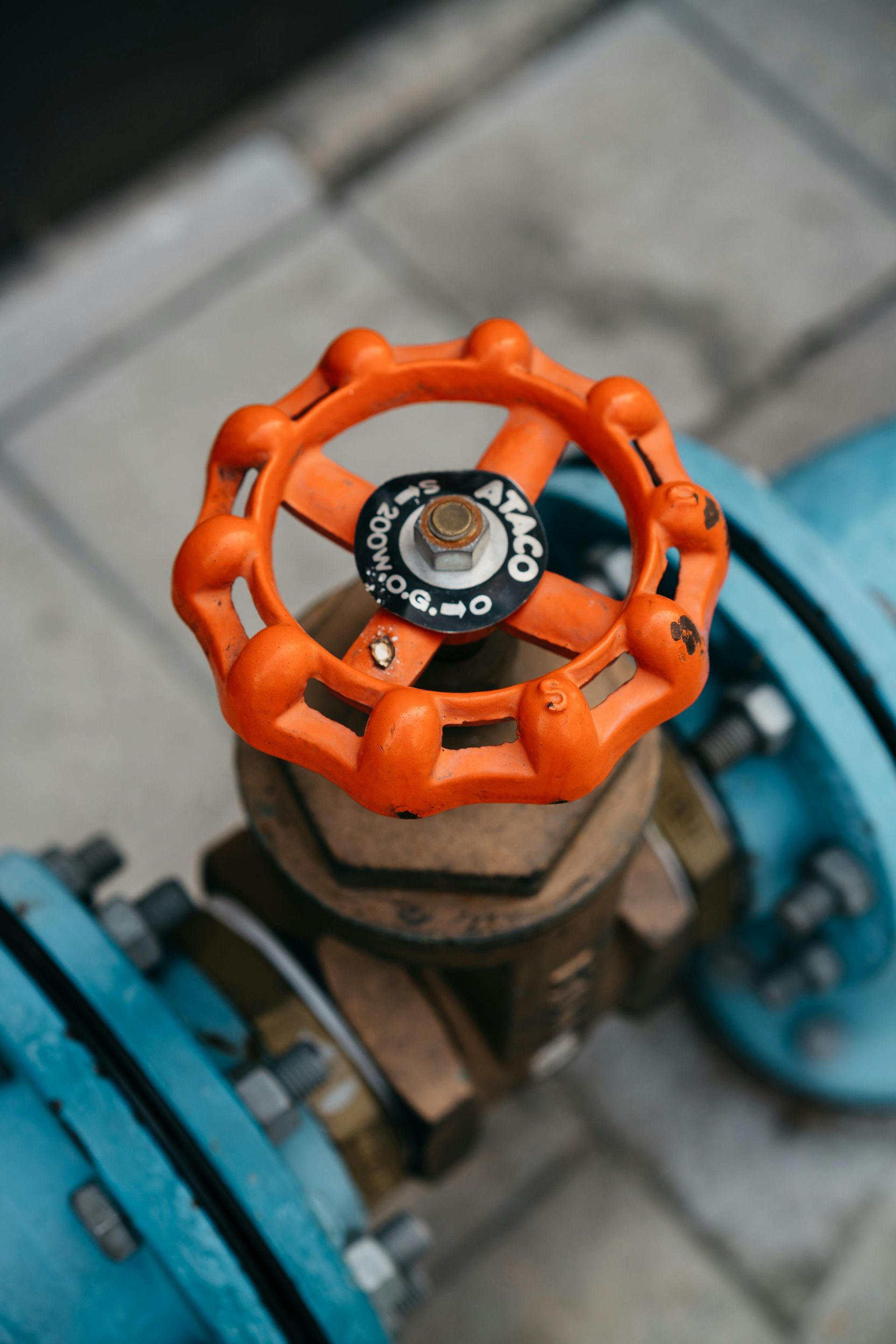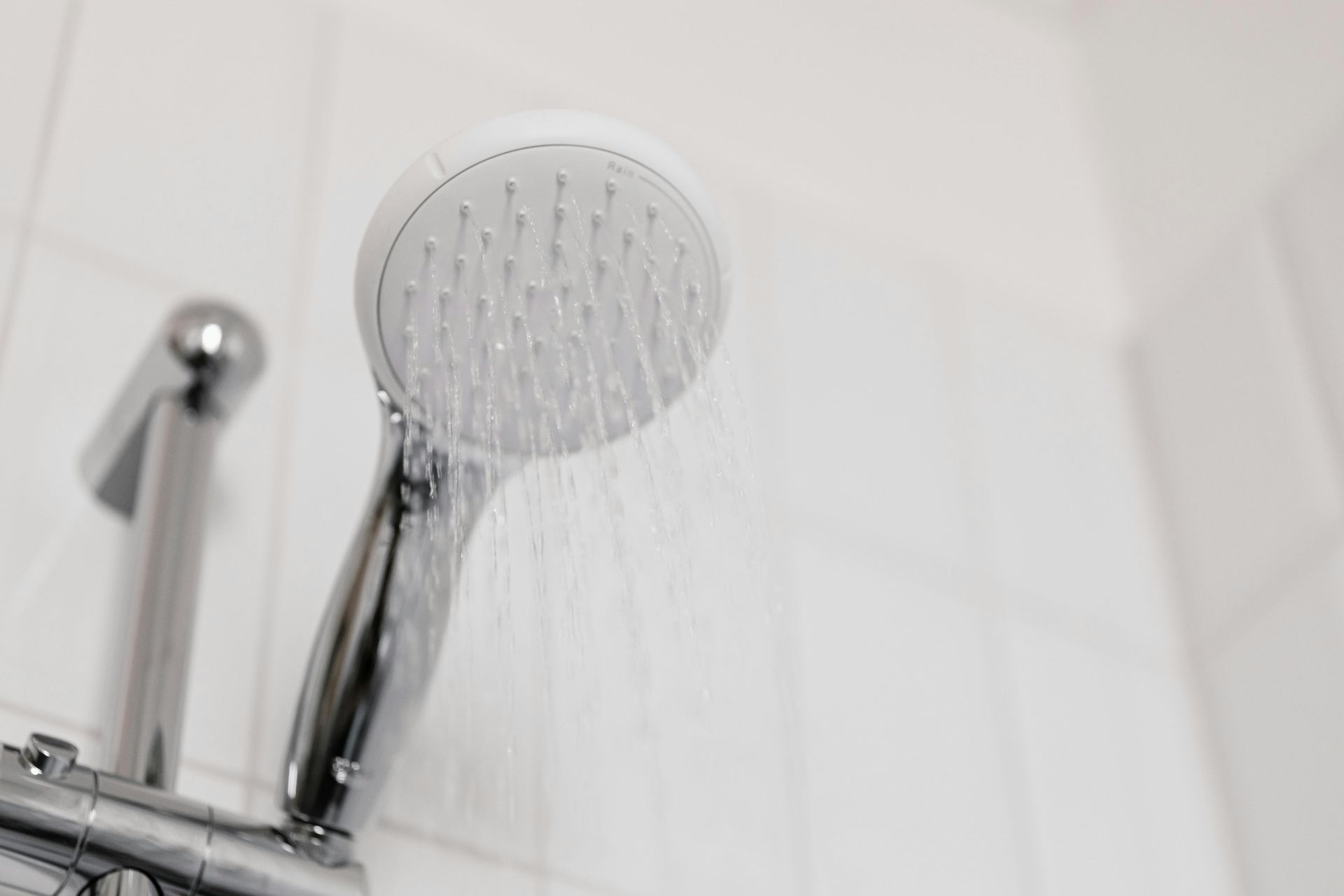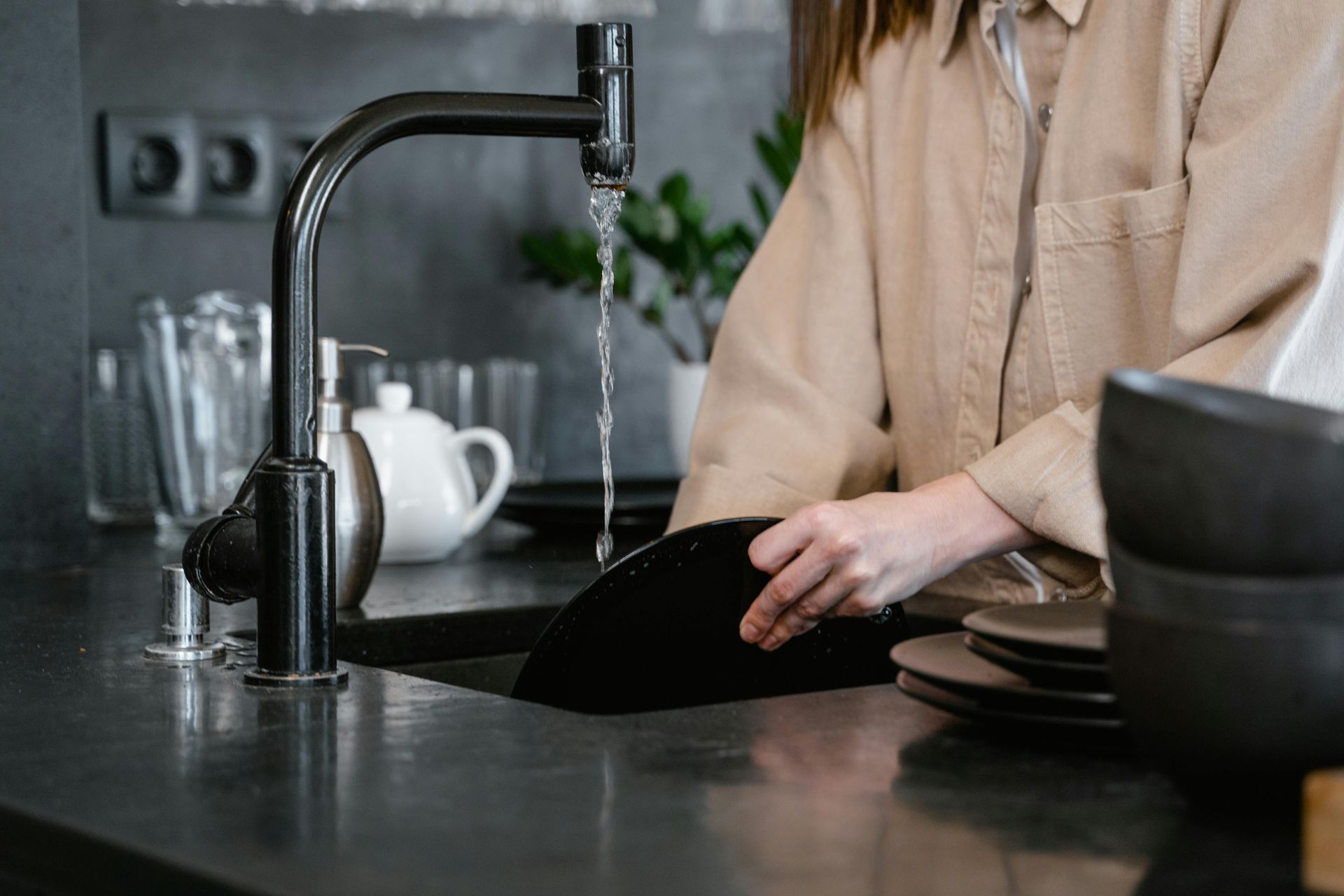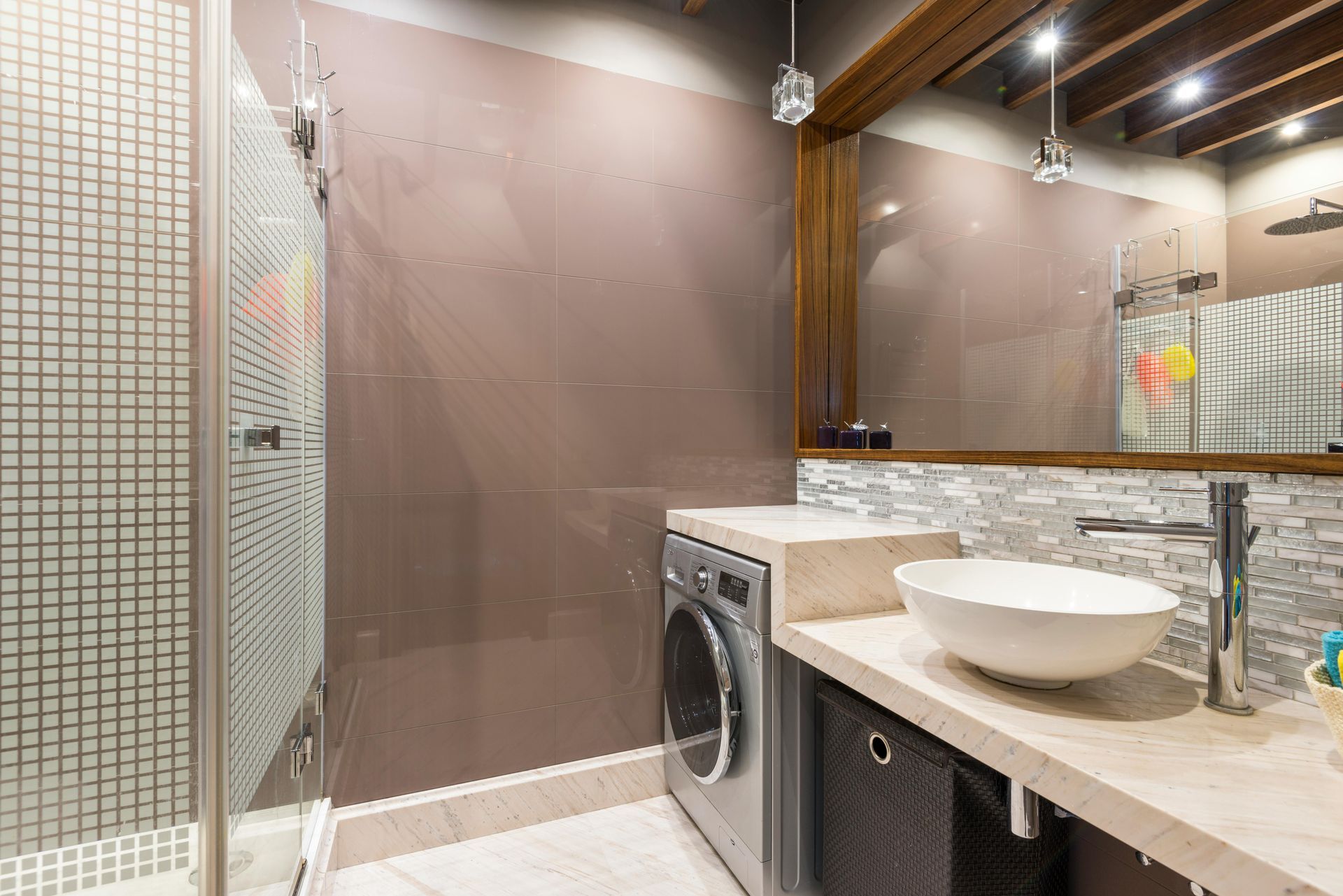How to Protect Water Pipes from Freezing - Tips from Fly Plumbing
Winters in Illinois can be particularly brutal, so you’ll want to make sure that your home is safe from the cold. While that means the usual preventative measures such as sealing your windows and making sure that your furnace is in good shape, it also means taking steps to protect your pipes from freezing. Frozen pipes can burst and cause serious water damage to your home, so keep these tips in mind if you want to keep your home’s plumbing safe from the cold.
1. Winterize Your Outdoor Faucets
One of the easiest things that you can do to protect your pipes from freezing is to shut off your outdoor faucets and drain them of water. Find the shutoff valves for these faucets, shut them off, and open the faucet’s bleed cap to drain any remaining water. Do this as soon as you know you won’t be using your outdoor faucets to water your lawn or do any other yard work. If you have any hoses connected to your faucets, disconnect them and put them into storage for the winter. Any water still trapped in the hoses will freeze, which can do a lot of damage to your pipes if that water drains back into your faucets.
2. Insulate Exposed Pipes
Any exposed pipes in your home will need to be insulated, especially if they’re in your garage or basement. Pipe insulation that you can purchase from most hardware and department stores is best, but old towels or blankets can still do in a pinch. Wrap your exposed pipes and use duct tape to hold the insulation in place.
3. Use Heating Tape to Keep Your Pipes Warm
If you’re really concerned about your exposed pipes freezing in the middle of winter, you can always buy heating tape at your nearest hardware store. Heating tape contains cables that heat up and prevent your pipes from getting too cold. Simply wrap your pipes in the tape and plug it in. This is definitely a more expensive step up from pipe insulation, but it works wonders if you’re expecting a particularly brutal cold snap or if your exposed pipes have a tendency to freeze in the winter.
4. Maintain a Steady Temperature in Your Home
Your thermostat should always be above 60 degrees Fahrenheit, even when you’re not home. Keeping your thermostat at this temperature shouldn’t raise your heating bills too much, but it will keep your pipes from freezing.
While you’re at it, take some time to make sure that your HVAC system is in good shape. Contact Fly Plumbing & HVAC before it gets really cold to have your furnace inspected if you haven’t already this year, and open your heating vents to keep warm air circulating throughout your house.
5. Check The Weather Sealing Around Your Windows
We briefly mentioned sealing your windows earlier, but we can’t stress how important it is when it comes to keeping your plumbing safe from the cold. Check your windows, and install new weather stripping if you feel a draft coming from them. If you need assistance with this, contact us at Fly Plumbing & HVAC for assistance. We’ll be glad to help you seal any pesky drafts.
6. Keep Your Cabinets Warm
If you have exposed plumbing in your kitchen and bathroom cabinets, open the cabinet doors to expose them to the warm air in your home.
7. Let Your Faucets Drip
Your pipes are far less likely to freeze if water keeps flowing through them. While you definitely don’t want to keep your faucets running all day, turning them on to a trickle is a great way to protect your pipes from freezing. You can do this at night or even when you’re not home. It uses a bit more water, but it won’t waste as much as a burst or leaking pipe would.
8. Run Your Appliances At Night
If you have dirty laundry or need to wash a load of dishes, do so at night. Just load your washing machine or dishwasher and start it before you go to bed. You’ll be running water through your pipes when they’re at their coldest and most likely to freeze, so it protects them more than you think.
9. Heat and Insulate Your Home Where You Have Exposed Pipes
You should make sure that your home’s insulation is in good shape every fall anyway, but take special care of any areas where you have exposed plumbing. It’s likely that you don’t have a lot of insulation in your garage or the unfinished areas of your basement, but you can still keep these areas warmer. Place a space heater near your exposed pipes on colder days and run them for as long as it’s safe to do so.
10. Turn Off Your Water When You Travel
If you’re going to be out of town for an extended period of time this winter, turn off the water in your home until you return. Find the main shutoff valve in your home, shut off the water, and open your faucets to let any remaining water drain from your pipes. With no water in your pipes, there’s no chance that they will freeze.
11. Insulate Your Garage
Insulating and heating your garage might not be a high priority for you, but it could prevent a lot of damage to your home if you have water lines running through it. Setting up a space heater like we suggested earlier could be helpful, but insulating your garage should be helpful most of the time if you want to prevent any exposed pipes located there from freezing.
12. Contact Fly Plumbing & HVAC for a Plumbing Inspection This Fall
If you want to make sure that your plumbing is properly winterized and that you won’t have to deal with leaks or burst pipes, contact Fly Plumbing & HVAC to complete a plumbing inspection. Our staff can inspect your plumbing for leaks and locate any exposed pipes that could freeze. We can also clean your drains and fix any other potential plumbing problems before they can do damage to your home. If you do end up with frozen pipes even after taking the proper precautions, we can fix the problem as soon as possible. Shut off the main water valve for your home to keep water from spilling from leaks or burst pipes and contact us right away.
Fly Plumbing & HVAC also offers many other services related to plumbing, heating, and cooling. These include toilet repair, water heater installation, sewer services, furnace inspections, and duct cleaning. We can also help monitor the air quality inside your home and install air purifiers, something that is vital when you spend time indoors during the winter months. We also offer financing specials for our customers to make sure that our services remain as affordable as possible.
For more information about our plumbing services or if you want to make sure that your pipes are safe this winter, contact Fly Plumbing & HVAC in Wheeling, IL today.
